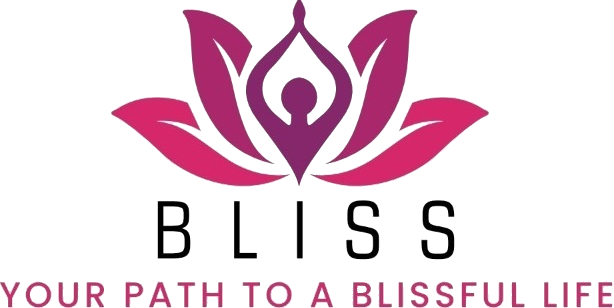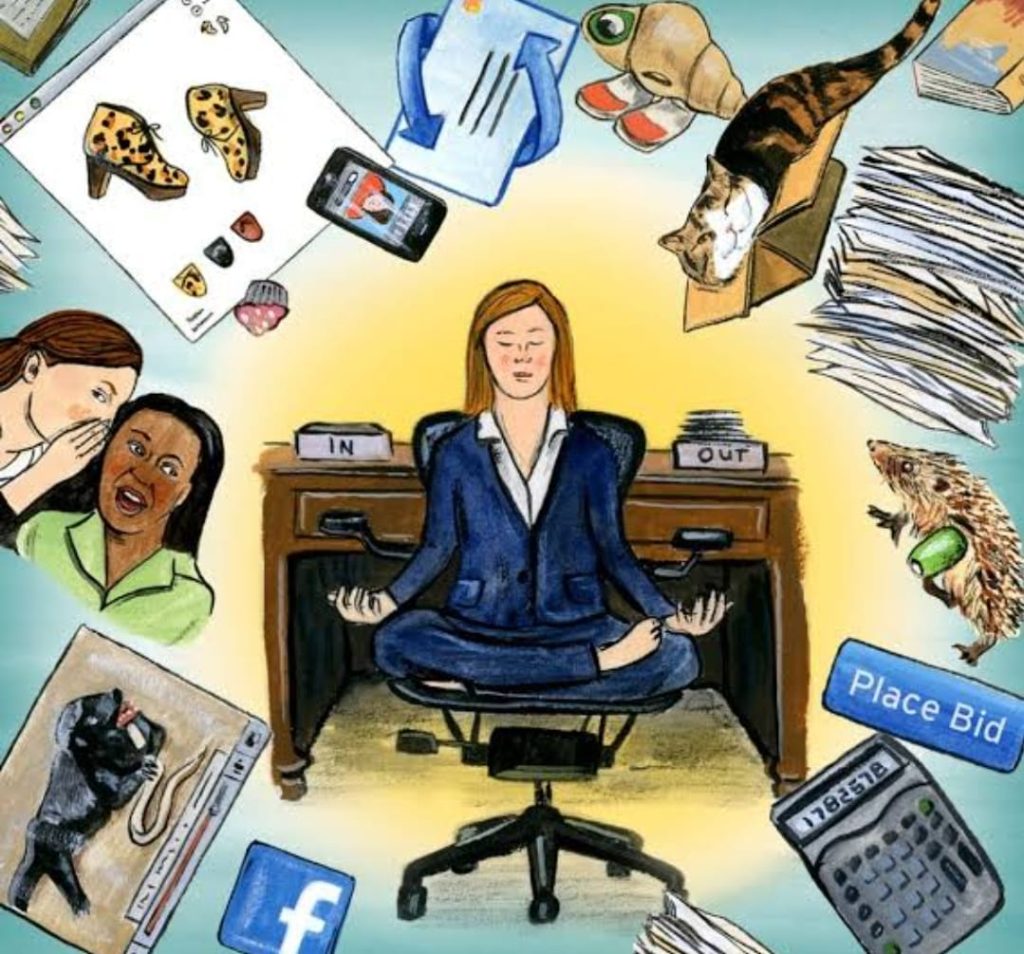When problems arise in life, it’s natural to feel overwhelmed or uncomfortable. Many people tend to seek distractions—whether through social media, entertainment, work, or even unhealthy habits—as a way to avoid confronting the issues at hand. While distractions might provide temporary relief, they don’t address the root causes of the problems. Here’s why facing challenges directly is essential:
1. Avoiding Distractions Delays Growth Distractions are often a way of postponing the inevitable. By avoiding problems, we delay the personal growth that comes from overcoming them. Challenges often present opportunities for learning, self-discovery, and personal development. Each problem carries a lesson, and if we continuously avoid them, we miss out on that growth.
2. Temporary Relief, Long-Term Consequences Distractions offer momentary escape, but they don’t solve anything. In fact, over time, the unresolved issue often grows larger and more complex. Emotional discomfort or stress might compound, leading to bigger problems in the future, such as worsening mental health or damaged relationships.
3. Facing the Problem Builds Resilience When you face a problem head-on, you build emotional resilience and problem-solving skills. It takes courage to confront difficulties, but by doing so, you strengthen your ability to handle future challenges. Each time you address a problem, you increase your confidence and capacity to deal with the next one.
4. Distractions Can Become Unhealthy Habits Using distractions to cope can easily become a habit, leading to potential issues like addiction, avoidance behavior, or neglecting important areas of life. For example, turning to excessive phone use, overeating, or procrastination can contribute to a cycle of avoidance that only exacerbates feelings of dissatisfaction and failure.
5. True Resolution Brings Peace Addressing problems directly may be uncomfortable in the short term, but it often leads to real solutions and emotional peace. Facing your problems allows you to take control of the situation, find clarity, and move forward. The relief that comes from resolution is far more fulfilling than the fleeting escape provided by distractions.
6. Distractions Block Emotional Awareness When we avoid our problems, we also avoid our emotions. Emotions, whether uncomfortable or not, are valuable indicators of what’s happening in our lives. By confronting our challenges, we become more in tune with our feelings and better understand what we need to thrive emotionally, mentally, and spiritually.
7. Building Accountability Facing problems also teaches us responsibility. By acknowledging that issues exist and that we must take action to resolve them, we foster accountability for our lives and decisions. This can positively affect other areas of life, including relationships and career.
Conclusion Problems are an inevitable part of life, but they don’t have to define us negatively. Avoiding them through distractions may feel easier, but it ultimately prolongs discomfort and stagnates growth. The solution lies in addressing the issues, learning from them, and using the experience to grow stronger and more resilient.



